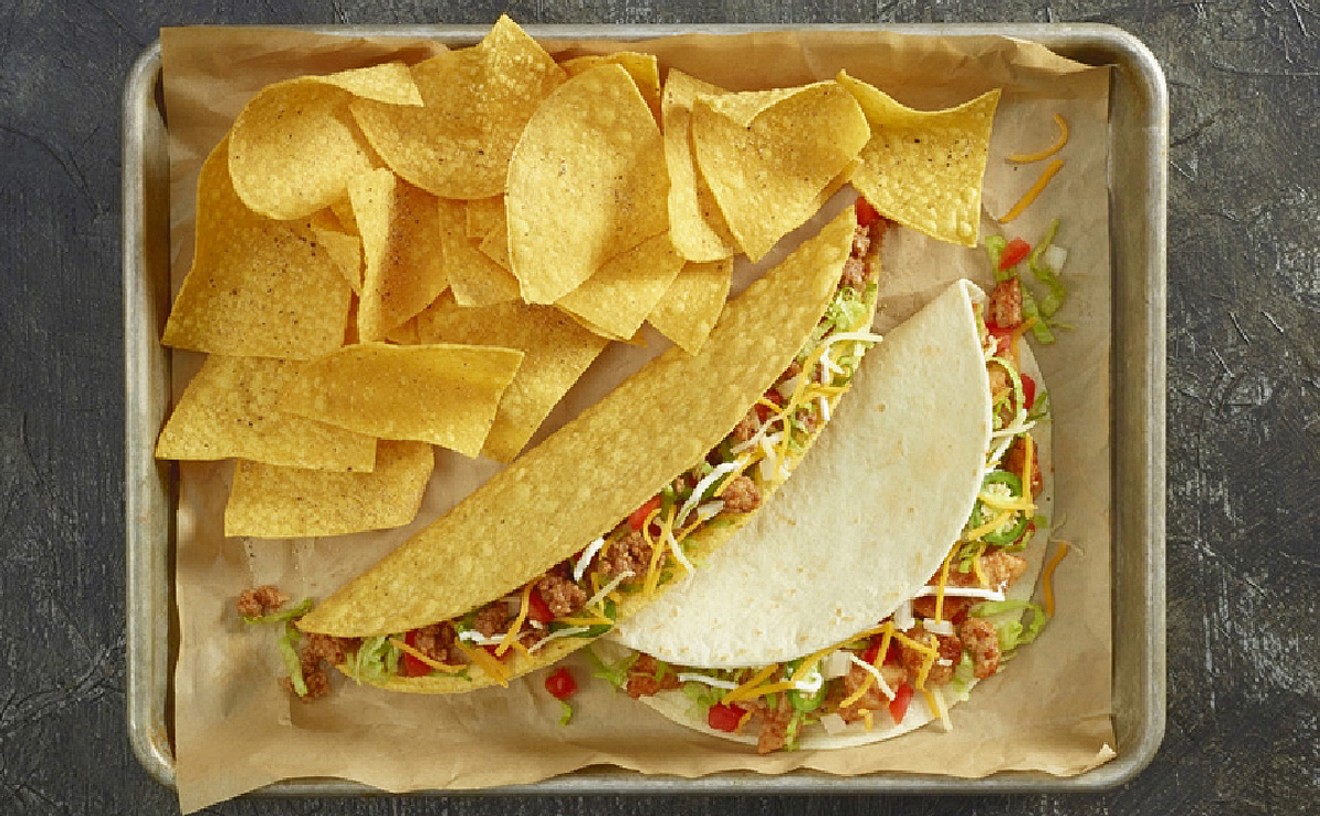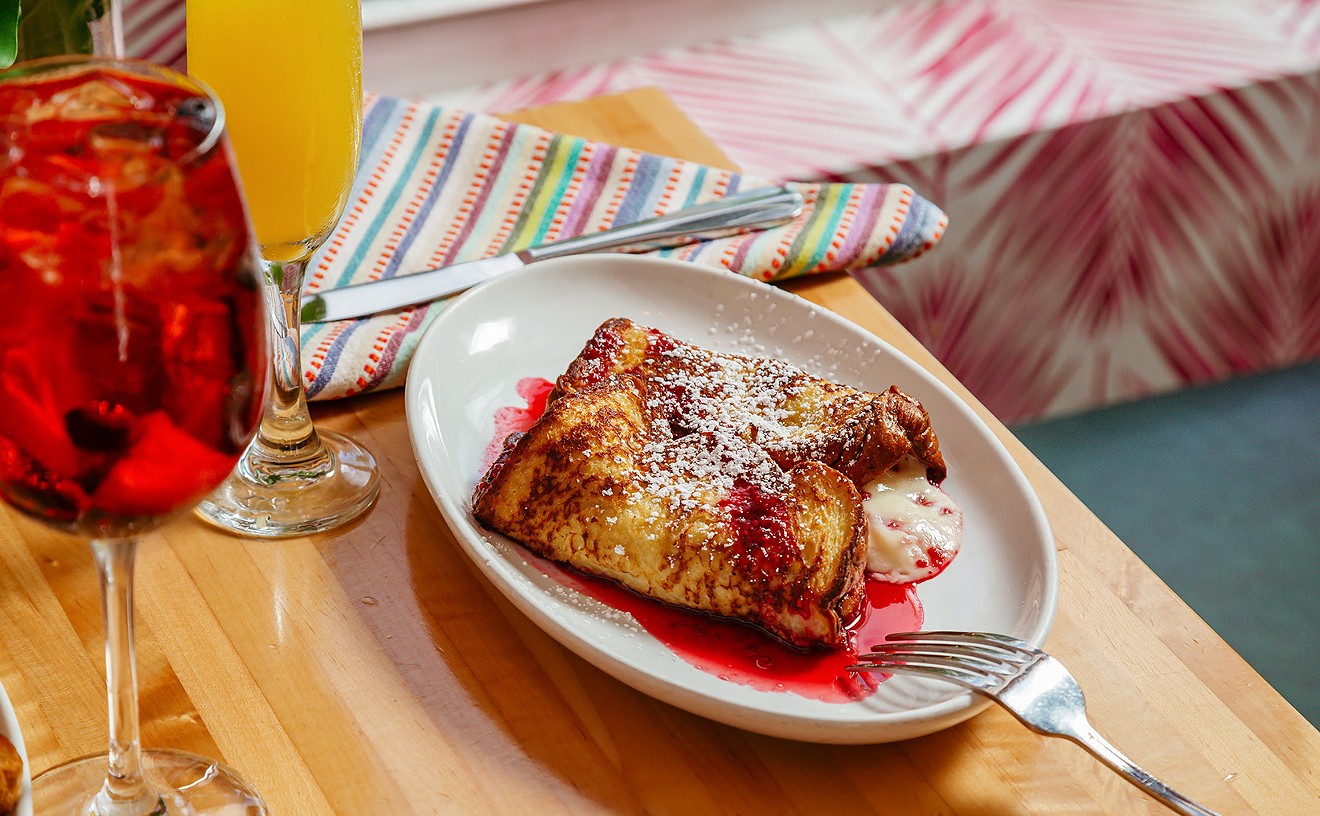In April, Alan Richman, a 16-time winner of the James Beard Award for food writing, dubbed Montreal “the new food capital of North America” in an article for Town and Country. To some, this proclamation might’ve come as a surprise, but my first thought was, Gee, that took long enough. I grew up in Montreal, and I continue to frequent the city several times a year to visit family and friends.
Sure enough, I’m always amazed by how diverse and delicious the food is — and I’m talking about everything from an 80-cent bagel at the venerable St-Viateur Bagel to the $39 duck breast at one of my favorite fine-dining spots, Le Club Chasse et Pêche.
Today I call Miami home and consider it a privilege to report on its rapidly developing food scene. That being said, there’s room for growth and improvement, and the Magic City stands to learn plenty from North America’s culinary epicenter.
Montreal is celebrated for its two farmers' markets: Atwater Market and Jean-Talon Market. The latter happens to be the largest open-air market in North America, and both operate year-round, seven days a week. Yes, one can easily go to Publix or Whole Foods in Miami and find everything they need to prepare a week’s worth of meals, but the variety and quality of the products here pales in comparison to what you can buy at either of those farmers' markets.
During the summer months, Montreal’s markets are lined with countless stands proffering local fruits and vegetables from small, independent farms, some of which are organic. And year-round you can purchase a plethora of domestic and international cheeses at the numerous specialty cheese shops. There are myriad designated butcher stands, fish stores, spice shops, and bakeries churning out delectable homemade breads, pastries, sandwiches, and salads. Here, it’s business as usual to see regular folks shopping alongside successful chefs.
These are establishments where if you stop by often enough — and why wouldn’t you? — you’ll build relationships with your butcher, fishmonger, and cheese expert. I visit Atwater Market only several times a year, yet my family butcher remembers my name and favorite cuts of meat.
Over the past couple of years, the number of weekend farmers markets in Miami has increased significantly, and we can only hope this isn’t merely a fad but the beginning of something big. There’s no reason South Florida, with its long growing season and fertile soil, can’t sustain larger and better farmers' markets that are open daily. And wouldn’t it be great if these markets included a large selection of seafood, meats, breads, and cheeses that beat out those at Whole Foods and Fresh Market? Certainly, Montreal’s markets have had a bit of a jumpstart (they opened in the 1930s), but the time is now to plant the seed in the minds of Miamians.
With the exception of Daniel Boulud’s Maison Boulud at the Ritz-Carlton, you won’t find the names of celebrity chefs splashed across Montreal restaurants. Indeed, the majority of the city’s eateries are homegrown, and virtually all of the excellent dining options, of which there are many, are owned by those who live and work in Montreal.
Another element the best restaurants have in common is the head chef is usually an owner, plus a regular presence in the kitchen. And though successful toques may have one or two additional places in the city, it’s extremely rare to see them venture outside the 514 area code.
They care less about global fame and large sums of money, and more about keeping their customers happy and preserving the art of cooking. In my opinion, this level of commitment results in superior cookery and a more original and diversified culinary landscape. And when you pair that with raw talent and a preponderance of high-quality local ingredients, it becomes clear why Alan Richman declared Montreal the food capital of this continent.
Conversely, Miami’s dining options read more like a who’s who of celebrity chefs. This isn’t to say I don’t have tremendous respect and admiration for the likes of Tom Colicchio, Jean-Georges Vongerichten, and Michael Mina — I absolutely do — but I also believe something is lost when one’s brand reaches a certain point.
When I'm asked to list my favorite spots in Miami, I think of Blue Collar, Josh’s Deli, Pinch Kitchen, MC Kitchen, Macchialina, True Loaf, and Zak the Baker. And guess what they all have in common? That’s right, they’re all chef-owned places where the chef is behind the stoves more often than not. These are chefs whose “empires” are limited to one, two, or maybe three locations. As a community, we ought to do more to support these restaurants, because it is they — not Nobu — that will make our local dining scene flourish and, in turn, augment our reputation on an international level.
On the subject of supporting our city’s homegrown eateries, Miami’s restaurant scene would benefit if we did a better job of encouraging local chefs trying to push culinary boundaries and broaden our palates. For instance, in Richman’s article he speaks with acclaimed Montreal restaurateur and chef David McMillan of Joe Beef fame, who had this to say:
"I'll tell you why Montreal is the best restaurant city, and it's not about the skill of our cooking. We have the most advanced dining public in North America. I serve lamb liver cooked rare to 17-year-old girls. I sell tons of kidneys and sweetbreads. Manhattan is one giant steakhouse. Everybody there wants steak, or red tuna...”
Now there’s some food for thought: If we want to see fewer of the same type of restaurants and more varied cooking in our city, the power is in our hands to demand it and champion it. Case in point: The Vagabond Restaurant (renamed Vagabond Kitchen & Bar) recently lost its gifted executive chef, Alex Chang. The official story is he left to travel, but the toque who dared to cook grasshoppers and beef hearts was very vocal about Miami’s inadequate support of young culinary talents. In November, he told New Times that "there's a lack of culture and people who really, really care." Many say Chang was too ahead of his time for Miami, but it doesn’t have to be so.
In the meantime, and while you digest all of this information, feast on this: Canada’s diminishing dollar makes now the perfect time to visit Montreal and savor all the city has to offer. Bon voyage!
Follow Valeria Nekhim on Twitter and Instagram.
[
{
"name": "Air - MediumRectangle - Inline Content - Mobile Display Size",
"component": "19274298",
"insertPoint": "2",
"requiredCountToDisplay": "2"
},{
"name": "Editor Picks",
"component": "17482312",
"insertPoint": "4",
"requiredCountToDisplay": "1"
},{
"name": "Inline Links",
"component": "18711090",
"insertPoint": "8th",
"startingPoint": 8,
"requiredCountToDisplay": "7",
"maxInsertions": 25
},{
"name": "Air - MediumRectangle - Combo - Inline Content",
"component": "17482310",
"insertPoint": "8th",
"startingPoint": 8,
"requiredCountToDisplay": "7",
"maxInsertions": 25
},{
"name": "Inline Links",
"component": "18711090",
"insertPoint": "8th",
"startingPoint": 12,
"requiredCountToDisplay": "11",
"maxInsertions": 25
},{
"name": "Air - Leaderboard Tower - Combo - Inline Content",
"component": "17482313",
"insertPoint": "8th",
"startingPoint": 12,
"requiredCountToDisplay": "11",
"maxInsertions": 25
}
]









